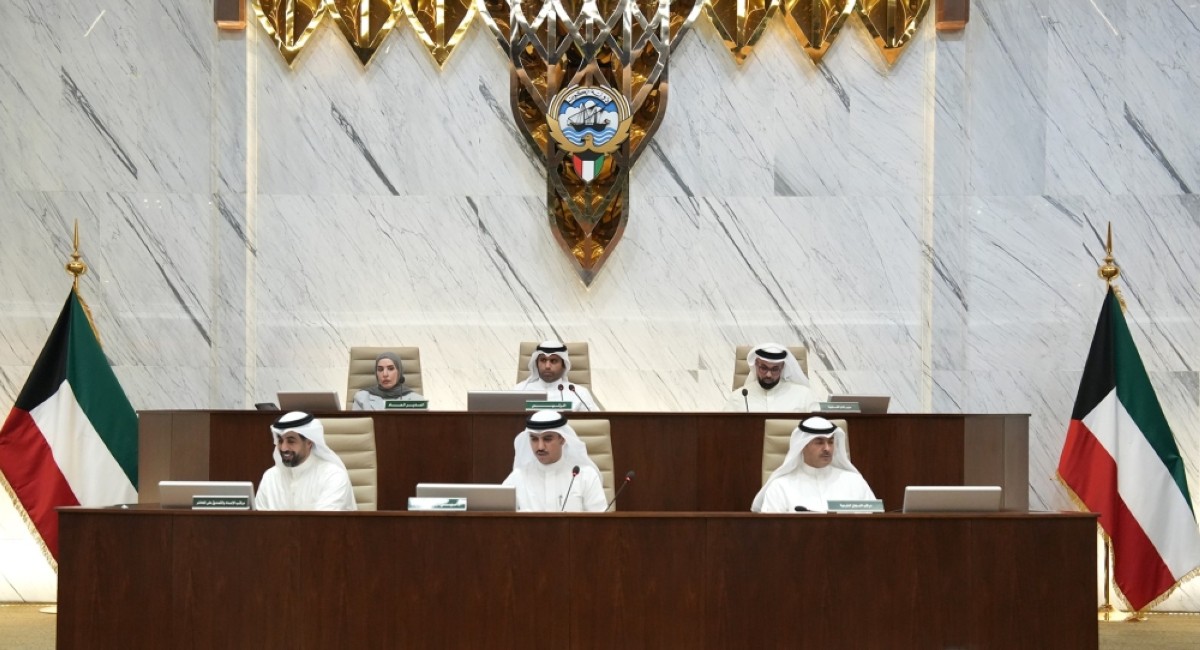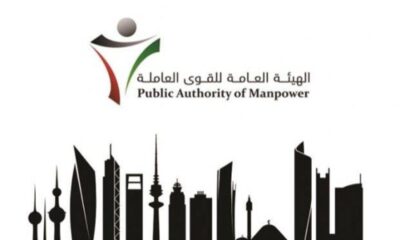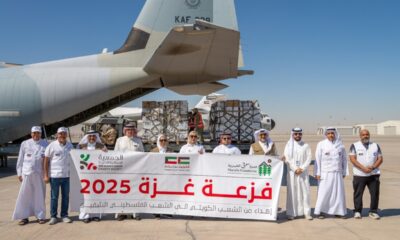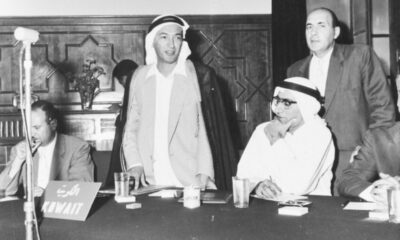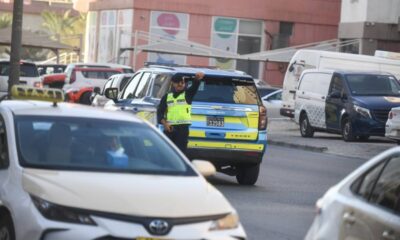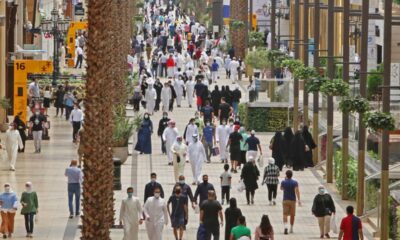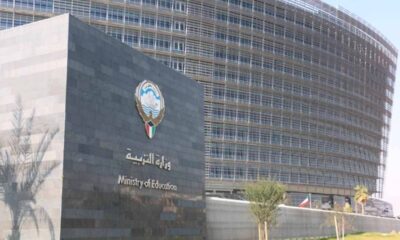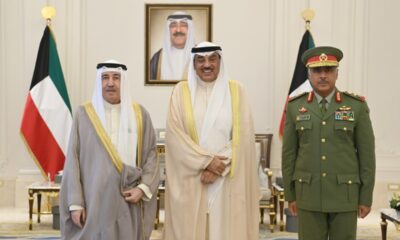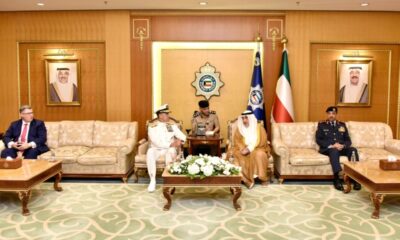KUWAIT: Minister of Electricity, Water and Renewable Energy, Minister of Finance, Acting Minister of State for Economic Affairs and Investment, and Chairman of the Board of Trustees of the Arab Planning Institute (API) Dr Sabeeh Al-Mukhaizeem warned on Monday that climate change will impose enormous economic costs, with developing nations — particularly Arab countries — shouldering the greatest burden.
Speaking at the opening of a two-day conference titled “Empowering the Future: Energy Transition and Economic Diversification in Arab Countries,” organized by API in cooperation with the Arab Organization for Petroleum Exporting Countries (OAPEC) and the Mohammed Bin Rashid School of Government, Al-Mukhaizeem stressed that shifting toward future energy is no longer optional but an inevitable necessity.
He noted that a successful energy transition depends on three essential pillars: deepening Arab cooperation, forging stronger international partnerships, and developing green financing channels to ensure sustainability and secure a better future for Arab societies. He described the conference as a vital scientific and policy platform bringing together experts, academics and decision-makers to exchange knowledge and propose practical recommendations that could strengthen the Arab region’s position on the global energy map.
Al-Mukhaizeem also underlined the significance of the conference at a time of mounting global challenges, foremost among them climate change and its economic, social and environmental repercussions, which he said demand collective action to mitigate risks. He thanked API, OAPEC and the Mohammed Bin Rashid School of Government for co-organizing the event.
For his part, API Director General Dr Adel Al-Waqyan said the conference seeks to address the environmental imbalance caused by greenhouse gas emissions and to outline policies that can safeguard Arab societies from the consequences warned of by scientists and international policymakers. He emphasized that Arab economies must confront challenges such as energy market fluctuations, climate pressures and widening technological gaps, which exacerbate development constraints.
Al-Waqyan stressed that prosperous economies of the future will be those that diversify income sources and invest in people, knowledge and innovation. He pointed out that the Arab region holds vast natural and human resources that can make it a key player on the global energy map, but the challenge lies in translating this potential into sustainable achievements through diversification and investment in the green economy.
He noted that the conference will feature 19 scientific papers. Sessions on the first day address climate change, energy transition and the green economy — a sector valued at an estimated $5 trillion globally in 2024, with annual growth of 15 percent. The second day will focus on innovation, sustainability, finance, and case studies on energy diversification across economic sectors.
Al-Waqyan cautioned that global temperatures have already risen 1.2 degrees Celsius above average, with studies warning of a looming humanitarian disaster if warming reaches two degrees, leading to rising sea levels, submerging lands, river pollution, and threats to public health and food security. He cited estimates that failure to act on climate change could cost the world between 11 and 14 percent of global output, with developing countries absorbing most of the losses.
He added that the Intergovernmental Panel on Climate Change estimates global investment needs for clean energy at $4.5 trillion annually through 2050. In the Arab region, renewable energy markets were valued at $27 billion in 2024 and are projected to grow at 14 percent annually to reach $60 billion by 2030. He stressed the need for serious industrial policies, economic diversification, and green financing, alongside investment in human capital through education, capacity building, research and innovation. — KUNA


